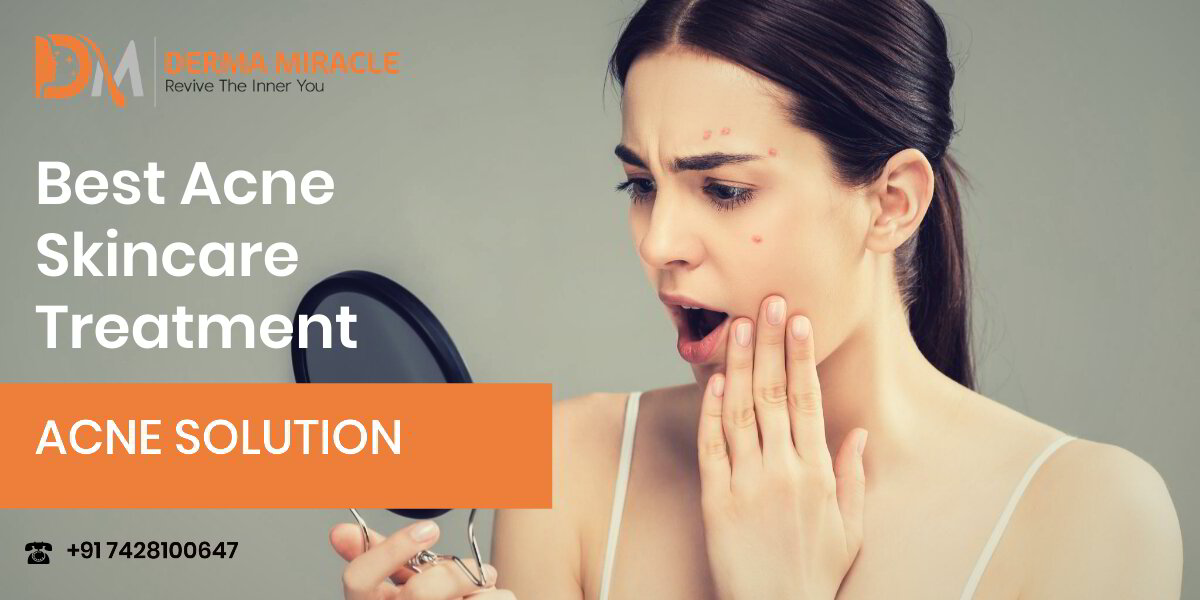Acne appears on various parts of the body including the face, back, chest, and shoulders. While teenagers are the ones mostly plagued by acne due to hormonal changes during adolescence, people of all ages can suffer from acne. Other causes of acne include a carbohydrate-rich diet and medications that contain testosterone and corticosteroids. Stress can also exacerbate acne if it already exists.Treating acne is possible even though it might not seem like it’s possible. This is because acne just keeps on reappearing, one pimple after another.The following are ingredients effective in controlling and treating acne;
Table Of Content
Salicylic Acid
Salicyclic acid is classified as a beta hydroxy acid. It is a chemical compound that has an exfoliating effect on the skin. Salicylic acid removes clogs within the skin’s glands as it easily penetrates past the skin’s outer layer and sinks into the pores. Salicylic acid then dissolves the layer of oils and dead skin cells to expose clear, invigorated skin beneath. Salicylic acid is a good treatment for acne because it does not cause extreme reactions in people with sensitive skin. Unlike benzoyl peroxide, salicylic acid is suitable for non-inflammatory acne like blackheads and whiteheads.

Benzoyl peroxide
Bacteria is a major cause of acne as they cause inflammation and clogging of the pores. Therefore, it is essential to kill these bacteria for acne treatment to be effective and benzoyl peroxide does this job well. It helps to kill bacteria beneath the skin as well as accelerates the shedding of dead cells of the skin and the removal of excess oils. Benzoyl peroxide helps to clear blemishes, scars, and dark spots and treat both inflammatory and non-inflammatory acne. However, benzoyl peroxide is more effective in the treatment of inflammatory acne. It is also good for combating cystic acne.

Adapalene
Adapalene is a retinoid that is highly recommended for acne treatment especially if breakouts are not severe. Retinoids are chemical compounds chemically related to vitamin A. Adapalene helps in killing bacteria that produce oils and clog the skin’s pores as well as removing dead skin cells. By unclogging the skin’s oil glands, adapalene helps to prevent the formation of pimples, blackheads, and whiteheads.Besides salicylic acid, benzoyl peroxide, and adapalene, other treatments include sulfur and tea tree oil. They are all effective to varying degrees in the treatment of acne. All these ingredients come in form of acne creams and lotions, face washes and foams, cleansers, masks, gels, and acne body washes and soaps.

Lactic Acid
Like lactic acid is an AHA, glycolic acid, which means it works like a chemical exfoliant on our skin. It’s generally tenderer than glycolic acid, so people who want to use exfoliating acid but whose skin is more sensitive is a good option for them.

Retinol
Have you heard of the benefits of retinoid creams and the benefits of antiaging? maybe not, but these vitamin creams are also efficient at cleaning up acne.

Sulfur
Sulfur smells like nasty eggs, but it is an effective ingredient. This effective ingredient at dying up-filled pimples and whiteheads. Sulfur works sucking up the oil. You can often find this ingredient in masks and spot treatment.

Dapsone gel
This is another prescription your dermatologist might prescribe acne dapsone gel. Dapsone is used often along with other acne treatments, and also with many other remedies, dapsone gel causes skin to dry out.

There are some side effects associated with using the above ingredients in the treatment of acne such as itching, irritation, and skin dryness. However, dryness can be regulated by topical application of moderate concentrations of salicylic acid and benzoyl peroxide. While these ingredients may be over-the-counter treatments, it is also important to seek professional help in their use to get clarification in case of skin sensitivity or ineffectiveness.
CONSULT DEMAMIRACLE
Best Acne Skincare Treatment
ACT BEFORE IT’S TOO LATE

FREE CONSULTATION AVAILABLE
Contact Us
